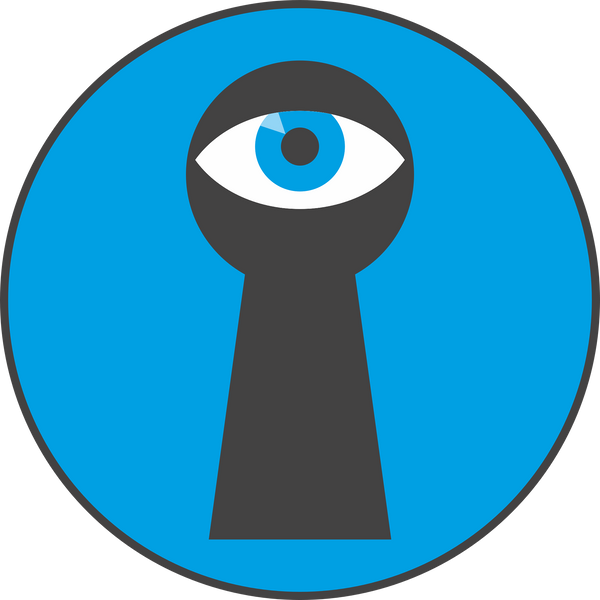Privacy Australia Survey: 88.3% of respondents believe that privacy is more important than convenience

Online privacy has become a pressing concern in Australia, and recent reports indicate that the country had the highest data breach density in the world in the last quarter of 2022.
A survey by Privacy Australia reveals some interesting insights about Australians' attitudes towards online privacy:
- 67.7% of respondents are unaware of Australia's online privacy laws.
- A significant 57.9% lack confidence in companies' ability to protect their data.
- When asked about the biggest threats to online privacy, 39.2% identified hackers and cybercriminals, followed by the Australian government's surveillance (30.1%) and companies collecting and trafficking data (26.9%).
- In a strong affirmation of the importance of privacy, 88.3% of participants stated that they value privacy over convenience. Only a mere 5% would sacrifice privacy for convenience's sake.
(Source: Australian Online Data Privacy Survey by Privacy Australia, based on 2000 respondents)
Understanding Your Rights to Online Privacy
Businesses have a legal obligation to protect their customers' personal information against theft, misuse, interference, loss, unauthorized access, modification and disclosure as outlined in The Privacy Act 1988. In case of breaches, they must notify the individuals involved, as well as the Office of the Australian Information Commissioner (OAIC) under the Notifiable Data Breaches (NDB) scheme.
However, privacy rights activists fight for a Privacy Act update and stronger privacy protections such as the right to be forgotten and the right to sue for privacy violations. Until then, it is crucial for you to be proactive in protecting yourself by knowing your (existing) rights and potential risks and controlling better your online data.
For the time being, under the Privacy Act, you have the right to:
- Know how your personal data is collected, used, and disclosed.
- Request access to your personal data.
- Choose not to identify yourself, possibly by using a pseudonym instead of your real name.
- Opt-out of receiving direct marketing communications.
- File complaints against agencies or organizations that violate the Privacy Act regarding your personal data.
- Request corrections to any incorrect personal information held by organizations.
Tips to protect your online privacy
1. Review privacy settings: Take the time to review and update the privacy settings on the apps, websites, and social media platforms you use. By limiting the information you share publicly, you can minimize the risk of your data falling into the wrong hands.
2. Implement Strong Passwords and Two-Factor Authentication (2FA): Boost your security by using unique, robust passwords for your online accounts. Enable two-factor authentication whenever possible to add an extra layer of protection, making it exceedingly difficult for cybercriminals to gain unauthorized access to your accounts.
3. Use a VPN: Consider employing a tool like Bitdefender VPN, which encrypts your data and masks your online activities. This creates a secure tunnel for your information, making it significantly more challenging for unauthorized parties to access your private data.
4. Get Bitdefender Digital Identity Protection, so you will always know what happens with your data. It monitors your digital presence continuously, helping you prevent attacks against your digital identity, manage personal data, protect online accounts, and reduce your footprint. It is the only service of its kind that provides you with weekly reports, actionable advice, and newsletters after scans so that you can be proactive about your digital identity protection.
tags
Author
Cristina is a freelance writer and a mother of two living in Denmark. Her 15 years experience in communication includes developing content for tv, online, mobile apps, and a chatbot.
View all postsRight now Top posts
Outpacing Cyberthreats: Bitdefender Together with Scuderia Ferrari HP in 2025
March 12, 2025
Streamjacking Scams On YouTube Leverage CS2 Pro Player Championships to Defraud Gamers
February 20, 2025
How to Identify and Protect Yourself from Gaming Laptop Scams
February 11, 2025
Your Device ‘Fingerprint’ Will Go to Advertisers Starting February 2025
December 24, 2024
FOLLOW US ON SOCIAL MEDIA
You might also like
Bookmarks







